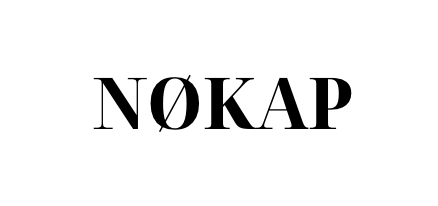
Honesty Gets No Credit
I noticed that people do not appreciate honesty.
The thought came to me subtly at first, then struck me clearly.
An expression of honesty is often followed by emotional baggage in the form of opinions, accusations, and ultimatums.
For example, you come home after a long day at work or school. Your only motivation throughout the day that keeps you from a complete crash is the thought that upon arriving home, last night’s leftovers are waiting for you in the fridge. You’ve fantasized all day about how good it is going to feel to relax and eat your favorite food that you intentionally saved for this moment the night before.
When you check the fridge, you see that your food is missing. The trash can betrays the truth you want to deny. Somebody ate the food you set aside for yourself.
You yell to your family, “who ate my food!?” until your little sister says, “I did. I’m sorry.”
I’m sure a similar situation has happened to just about everyone. Think about what your response to your hypothetical little sister would be at that moment. Anger? Frustration? Would you groan and whine about how that was your food, you deserved that food, and your sister is a terribly inconsiderate person who can only think of herself? Would you complain and guilt your family by saying something like, “Now what am I supposed to eat?”
I would wager that most of us would react in some variation of the above. Very few of us would appreciate our little sister’s honesty and say, “Thank you for telling me. It’s okay. I will find something else to eat.”
Though our negative responses to honesty may not be completely groundless or necessarily wrong, being able to appreciate honesty before addressing feelings, takes real guts.
The example I give is simple and has incredibly low stakes compared to other circumstances, but you can apply the same logic to just about anything. Relationships. Friendships. Parent-child or teacher-student dynamics.
Even if we are fully justified in our feelings and responses, we cannot ignore the courage, vulnerability, integrity, humility, and truth that flows out of an honest word.
Our first reaction to honesty should always be to listen first, thankfully acknowledge the truth, seek clarification, and then respond.
Our responses must come out of the most complete picture of information possible. This is not only crucial for avoiding unnecessary conflict, but it is perhaps more important for us to develop a habit of listening. If our lives depend on and consist of the relationships we build with others, to be careless with the way we listen and respond shows poor judgment and narrow interpersonal awareness.
I suppose our immediate responses are rooted in selfishness. Selfishness breeds conflict and blocks us from recognizing the emotions or perspective of the other. It strips away our empathy.
Empathy is a craft. It is a good faith attempt to see things from another’s point-of-view, a conscious decision we must attempt in any given situation.
Rushed and negative responses to honesty compromise our ability to produce empathy.
Silence the stubborn desire to amplify fleeting feelings. In the face of honesty, choose empathy. Choose to listen.



